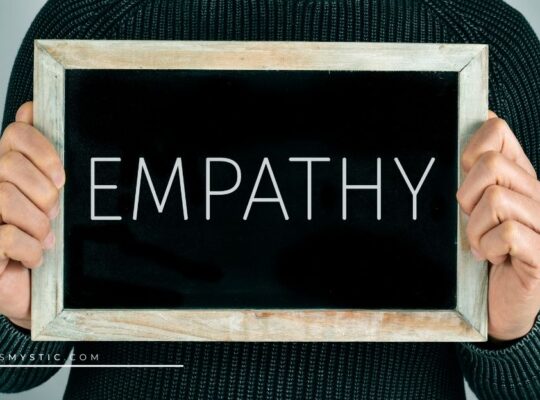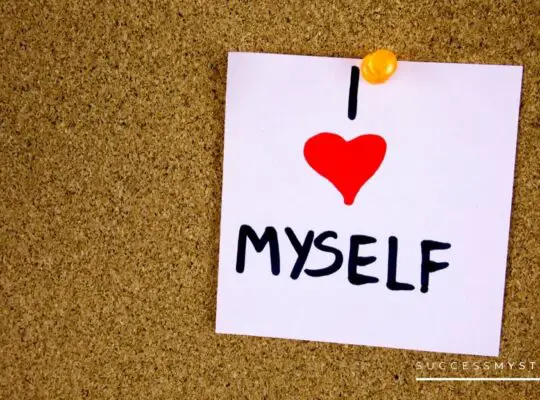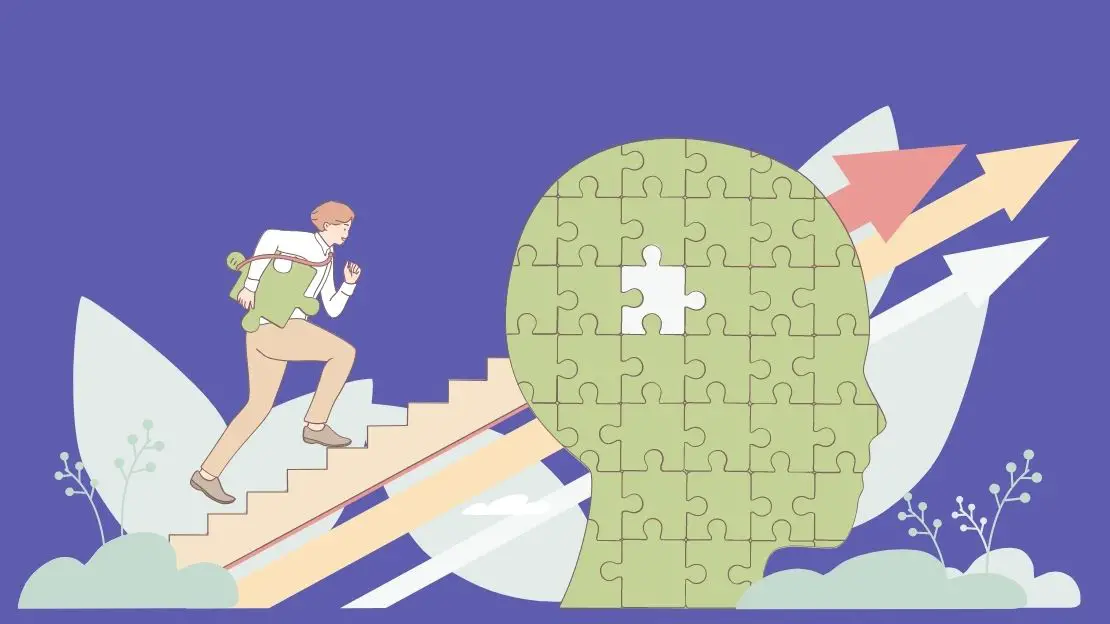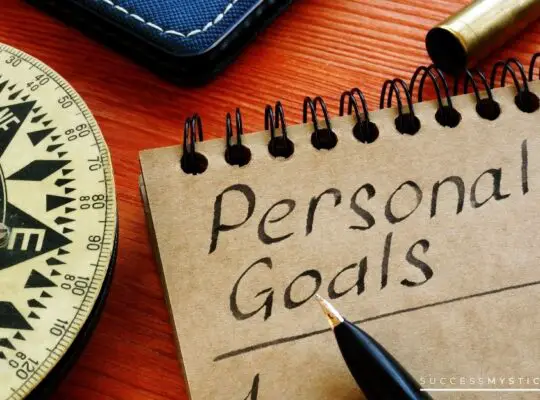Esteem comes in three forms: low, high, and inflated. It’s like Goldilocks and the three bears. Inflated is too self-centered, low is too self-effacing. There’s one that’s just right: high self-esteem.
Having that right balance of self-esteem is a great motivator in your life. It plays a large role in the overall quality of your life, including your emotional and mental health.
Today, we’re talking about why your self-esteem matters. Knowing your strengths and flaws can strike the perfect balance to live a healthy and happy life.
Let’s get started.
What Is Self-Esteem?
Experts describe self-esteem as the way you describe your personal value or worth.
It’s purely subjective. In fact, the American Psychological Association (APA) defines it as “the degree to which the qualities and characteristics contained in one’s self-concept are perceived to be positive.”
This means that self-esteem relies on certain factors that stem from how you feel about yourself. So, it’s only natural that it starts out low in childhood. Then, it increases bit-by-bit through adolescence and into adulthood.
Here’s a brief rundown of some of these factors:
- Personal identity
- Confidence
- Security
- Competence
- A sense of belonging
Why Does Self-Esteem Matter?
Self-esteem is the measuring stick we use to see how we rank up against those around us. This is why having high self-esteem is so important.
How you see yourself affects your relationships, how you make decisions, and your health. It can also motivate you to try new challenges or suffer from debilitating self-doubt.
As Henry Ford once said, “Whether you think you can or you can’t, you’re right.” So, it’s all up to you and how much you believe in yourself.
That’s the power of self-esteem. It can help you work towards a life full of happiness and fulfillment. On the flip side, it can turn your life into one of despair and discouragement.
Read ahead to learn about each type of self-esteem.
Low Self-Esteem
Sadly, some people just can’t get past their doubt. They don’t know their self-worth, which deters them from taking on new goals. So, they feel stuck, deflated, and unmotivated.
Not only that, but those with low self-esteem don’t seem to feel like they’re worthy of being loved or appreciated. This takes its toll on relationships. Contact with family and friends may also be affected as well.
If left unchecked, low self-esteem can lead to depression, as well as other mental and emotional problems. It can also lead to chronic diseases and other stress-induced health issues.
High Self-Esteem
This is what we should all strive for. High self-esteem is what helps you understand your likes and dislikes. You evaluate your worries and doubts without hesitation. You share your feelings and opinions without fear of judgment.
Having that right balance helps you have realistic expectations of your skills. You know what you’re good at and what you’re not good at, and you’re not shy about either.
You’re proud of your mistakes because you know they led you to all the success that came later. Your coping skills allow you to handle tough times like a champ.
When you stumble on one of life’s roadblocks, you pick yourself up and put things in perspective. Then, you find another way to keep working towards your goals.
The right amount of self-esteem allows you to have healthy relationships at home and work. You communicate effectively and you have a clear understanding of what you can and can’t do.
The best part is everyone knows exactly where you stand. You have a healthy relationship with yourself and you’re not afraid to show it!
Inflated Self-Esteem
Too much self-esteem is just as bad as not having enough. Those with inflated self-esteem get cocky. They become so sure of themselves that they overestimate their abilities.
They feel entitled to certain milestones, even though they lack the skills for them or haven’t put in the effort. This puts them at a disadvantage because they’re so focused on being perfect all the time
As a result, they miss out on some great opportunities. They may also have a hard time communicating their emotions and concerns because they feel it makes them look weak.
How Can You Boost Your Self-Esteem?
If you suffer from low or inflated self-esteem, have no fear! We’re here to help!
Luckily, there are things you can do to regulate your self-esteem and get it to a healthy level. Here are a few actionable steps you can take:
- Love yourself for the terrific individual you are
- Practice self-compassion and forgive yourself
- Write down and say daily positive affirmations
- Be aware of negative thought patterns and change them to more positive ones
- Stop comparing yourself to others
- Exercise
- Learn to communicate your feelings, needs, and opinions in an honest and direct way
- Pick up a hobby and do something you enjoy once a week
- Accept compliments with grace
A Final Note
Self-esteem is all about knowing your worth. It’s about showing yourself respect and empathy, just as you do others.
Those are just a couple of reasons why your self-esteem matters.
It’s also important because it gives you control over your feelings and thoughts. It affects your mental health and allows you to feel good about yourself—flaws and all.
Remember that each one of us deserves to feel valued and secure. Keep all the tips we mentioned in mind to help you maintain a healthy dose of self-esteem.







